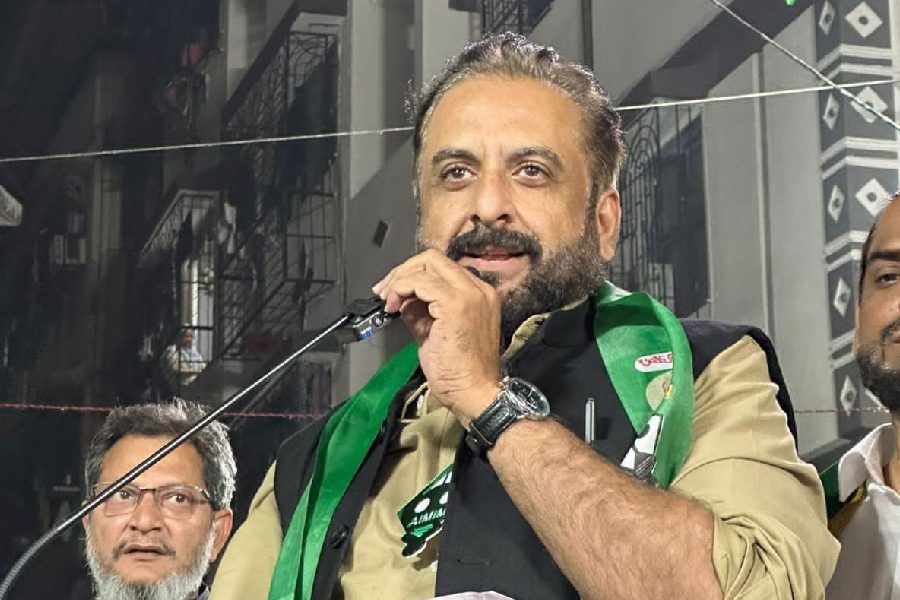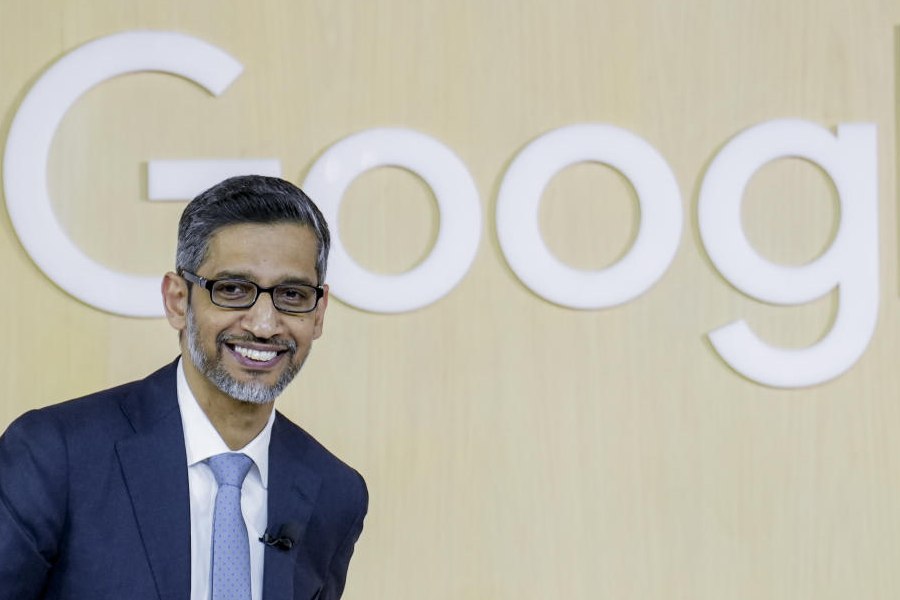 |
| Out of favour If you are an ad filmmaker who is trying to promote a fairness cream through an ideal daughter-in-law like Tulsi to endorse it, think again. The campaign may not succeed in being appealing to its target audience at all. In a study titled ‘Eves Dropping’ conducted by Grey Worldwide, 72 per cent of the women consider money, fame and success as the driving factors for a good life. And they are particular about having their own financial independence. The study also reveals a drastic change in preferences in movies or TV serials they would like to watch. They say they are tired of the portrayal of Indian women as adarsh bahus like Tulsi and prefer more realistic portrayals of everyday life as done in films like Dil Chahta Hai. Overheard… that these days many women, especially in Mumbai, who commute via public transport, carry chilli powder in their bags, just in case they are sexually assaulted. Allegedly a direct reaction to a spate of incidents that have been taking place in buses and trains, this is chilling testimony to women’s loss of faith in the public transport system. |
Try and be at Abanindra Sabhagriha (behind Calcutta Information Centre, Nandan Complex) this afternoon at 3:30. Urvashi Butalia, author, women’s rights activist and cofounder of Kali for Women, the first feminist publishing house in the country, will deliver a lecture there on the topic, ‘Legacies of Dispute: Law and the Abducted Women’. The talk, which is being organised by Pakistan India People’s Forum for Peace and Democracy (West Bengal Chapter) will focus on the issue of abductions of women during and after Partition and how the Indian state dealt with the problem. Butalia is expected to discuss, among other things, key legal cases that were brought to the courts, either by the women themselves or by their families.
Eight years ago, they decided to find out how law courts perceived women who were victims of violence and sought legal help. Based on the findings, the New Delhi-based NGO Sakshi held a workshop, at Ibiza, on Friday, April 9, to impart gender equality education to judges and magistrates of the district and subdivisional courts of West Bengal. It was in 1996 that Sakshi, with the support of the then Chief Justice of India, Hon’ble Justice A.M. Ahmadi, carried out extensive judicial research on gender bias in five metros in India. The research found that women were victims of myriad myths and stereotypes. Since then judges, lawyers and NGOs in different cities in India have been holding workshops jointly in order to get better educated about the problems women face in court.
If you’ve been driving through Howrah in the last few days, you may have noticed a few changes in the landscape. Suddenly, the streets seem to be dotted with women constables. There is nothing unusual about ‘lady’ police officers, but it’s the first time that the district has deployed them as traffic police. Though right now they are only six in number, according to Mihir Bhattacharya, superintendent of police, district of Howrah, there are plans to see more of them man (or should that be woman?) the roads and intersections of Howrah.
Last week, the Mumbai South constituency saw the launch of the ‘Ladies’ Special’— a women’s group from the constituency which will ensure large voter turnouts and assess the performance of its elected candidate. The initiative was taken by Voice Of DWard (a Joint Area Action Group) and the Women’s Movement for Peace and Prosperity (WMPP). Member of Parliament Jaywantiben Mehta was invited since she is the only prominent woman candidate from Mumbai. Pointing out that “the low representation of women in Parliament is shameful,” Indrani Malkani, DWard’s coordinator, called upon the women to be politically proactive.










